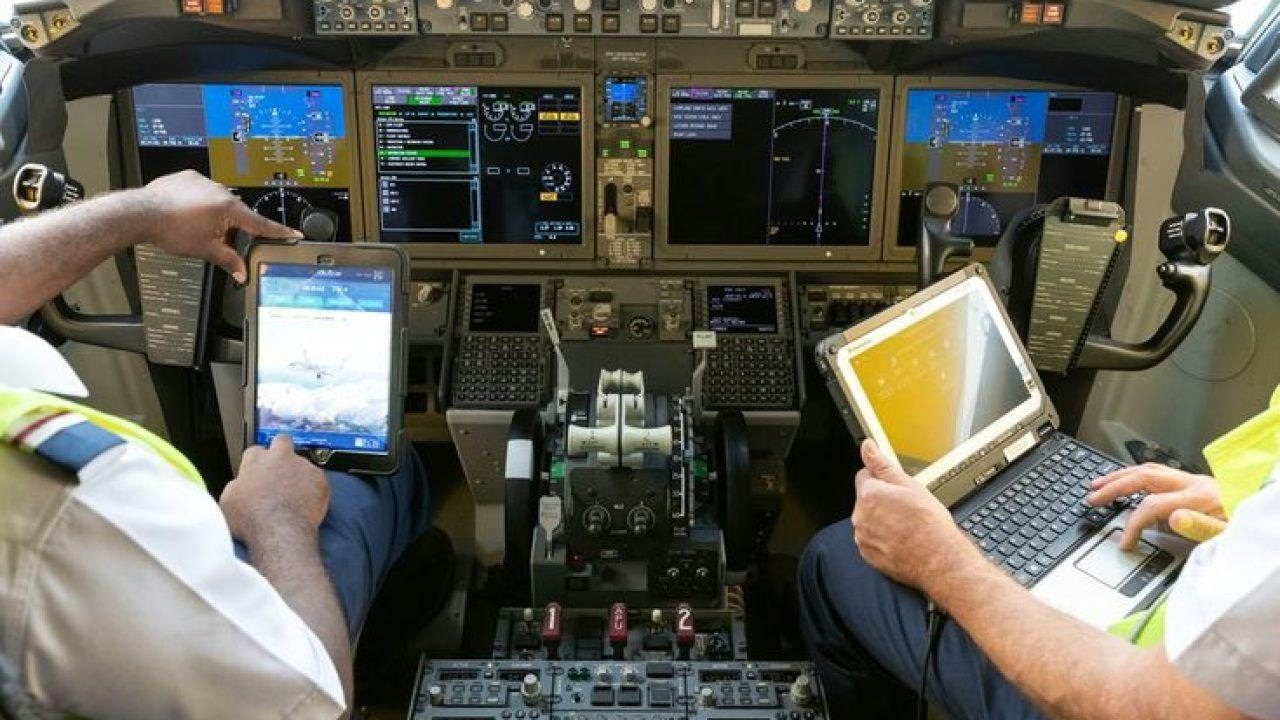
AeroGenie — Votre copilote intelligent.
Tendances
Categories
Airbus Project Strengthens Software Investment in Portugal
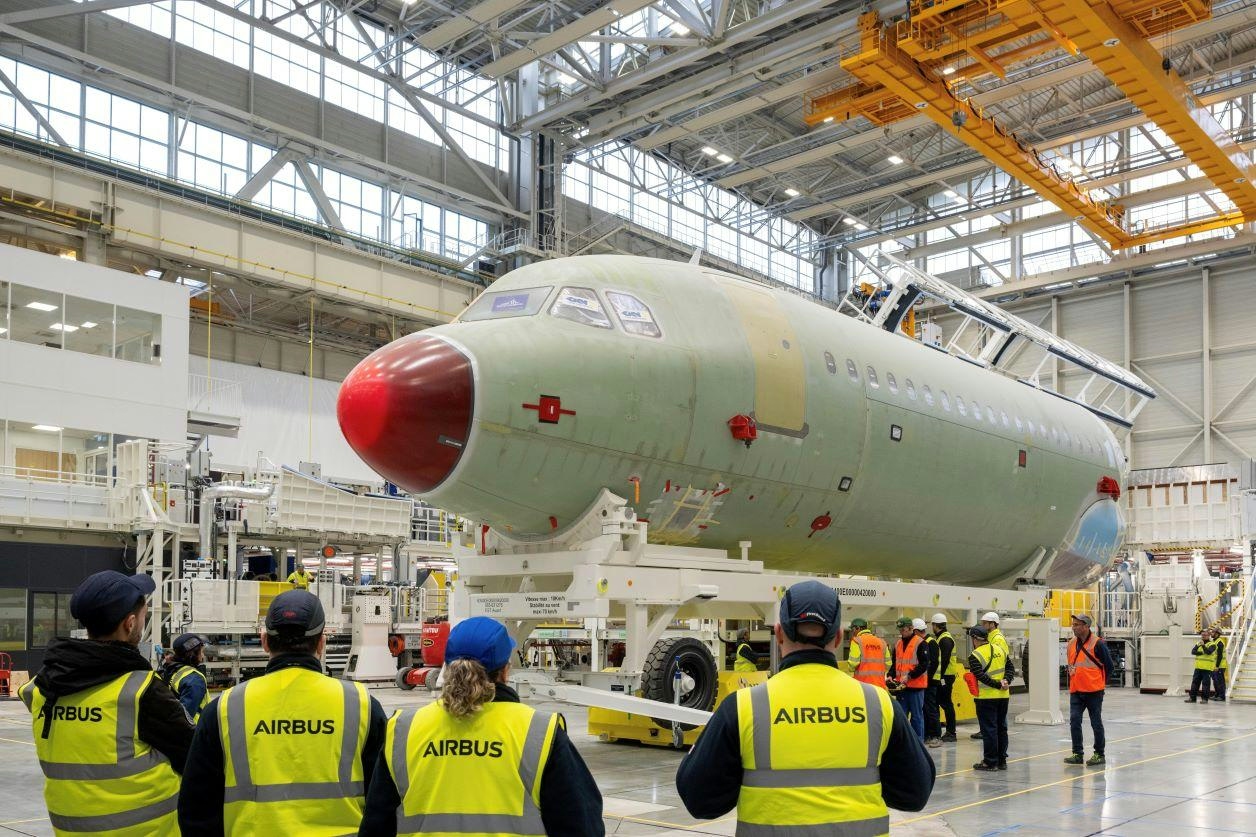
Airbus Project Strengthens Software Investment in Portugal
Airbus and Critical Software have announced the establishment of a new joint venture, Critical FlyTech, dedicated to the development of embedded software and services tailored for aerospace applications. Headquartered in Coimbra with an additional office in Lisbon, the company will be majority-owned by Airbus, holding 51 percent, while Critical Software will retain 49 percent ownership. This partnership is designed to deepen Airbus’s investment in Portugal by merging its extensive aerospace expertise with Critical Software’s proven capabilities in safety-critical embedded software engineering.
Advancing Aerospace Software Capabilities
Critical FlyTech aims to bolster Airbus’s competitive position in the aerospace sector by delivering highly reliable and certifiable software solutions for critical systems and missions. These solutions will encompass avionics, cabin systems, and connectivity technologies. Operations are scheduled to commence in early 2026 with an initial workforce of 120 employees, expanding to 300 by the end of 2028. Ricardo Armas, appointed as CEO, underscored the company’s commitment to developing technological solutions that adhere to the highest standards of safety, reliability, and innovation, thereby shaping the future of aviation, space, and defense industries.
Gonçalo Quadros, chairman of Critical Software, described the venture as a significant step toward building “a better and safer world,” emphasizing the company’s dedication to engineering excellence and transformative technology. Marc Fischer, Senior Vice President for Engineering - Cabin & Cargo at Airbus, highlighted that the collaboration enables Airbus to leverage Critical Software’s agility and expertise, thereby enhancing its embedded software capabilities amid the increasing digitalization of aerospace systems.
Industry Context and Regulatory Considerations
The announcement of Airbus’s expanded software investment in Portugal arrives amid heightened scrutiny within the European aerospace sector. The industry is closely monitoring the proposed merger involving Airbus, Thales, and Leonardo, which has elicited concerns from competitors such as OHB. Critics warn that the merger could disrupt established value supply chains and potentially concentrate large government contracts within a single entity. European venture capital investors have also voiced apprehensions, fearing that the emergence of a dominant player might stifle competition and innovation across the sector.
These broader industry dynamics may influence the perception and regulatory review of Airbus’s initiatives, including the Critical FlyTech joint venture. The completion of the partnership remains contingent upon customary conditions, including regulatory approvals, which could be impacted by ongoing debates surrounding market concentration and supply chain stability in the European space and aviation industries.
Company Profiles and Sector Implications
Founded in 1998, Critical Software is a multinational technology firm specializing in software solutions and engineering services for safety-, mission-, and business-critical systems. With a workforce exceeding 1,400 employees across Portugal, the United Kingdom, the United States, and Germany, the company operates in high-assurance sectors such as space, aeronautics, and defense. Airbus, a global leader in sustainable aerospace, continues to pursue innovation in efficient and technologically advanced solutions, even as it navigates evolving market conditions, including recent adjustments to its A220 production targets.
As the European aerospace landscape continues to evolve, the Critical FlyTech project not only underscores Portugal’s expanding role in the sector but also reflects the complex challenges confronting industry leaders in balancing innovation, competition, and regulatory oversight.
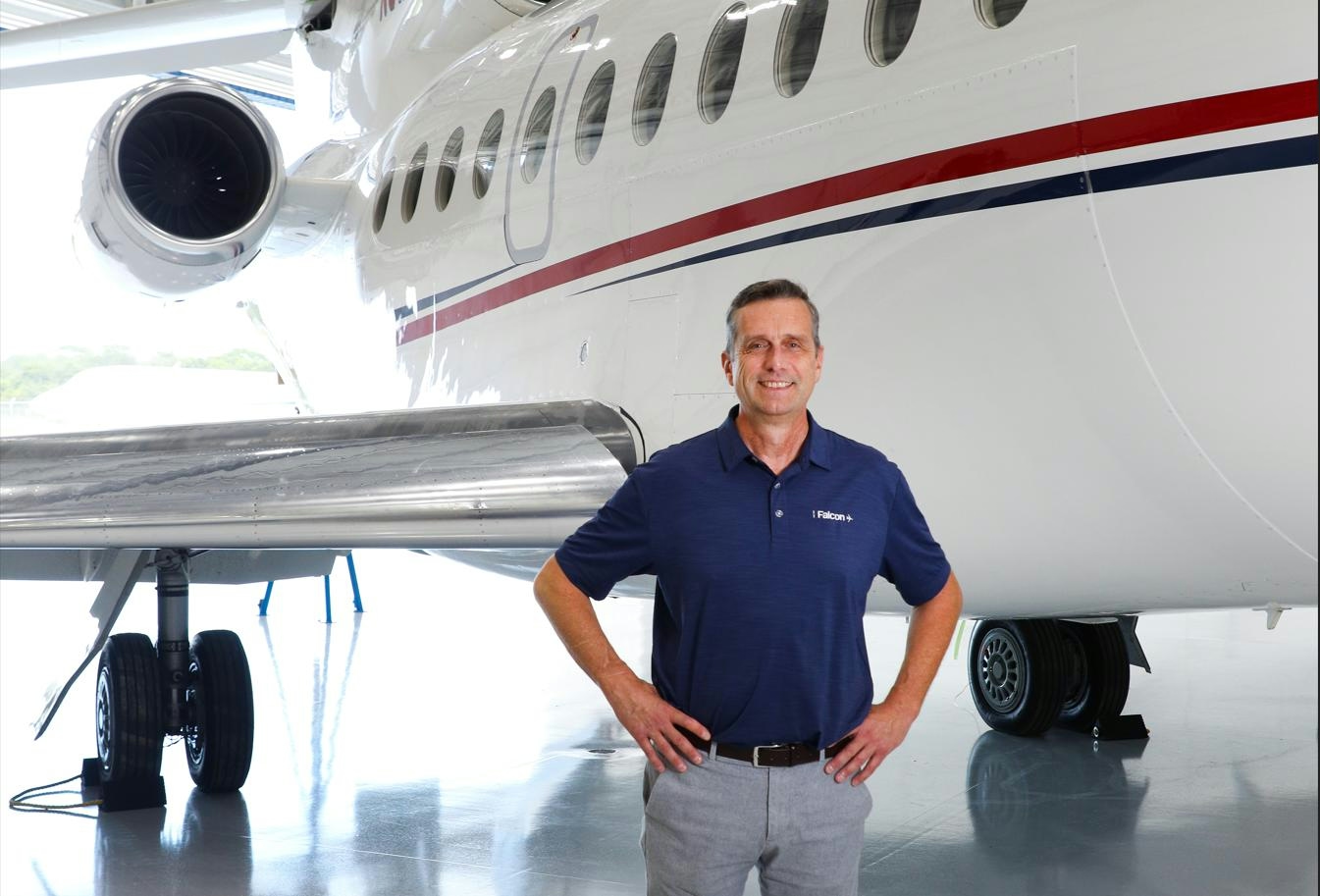
ExecuJet MRO Installs Starlink on Falcon 8X
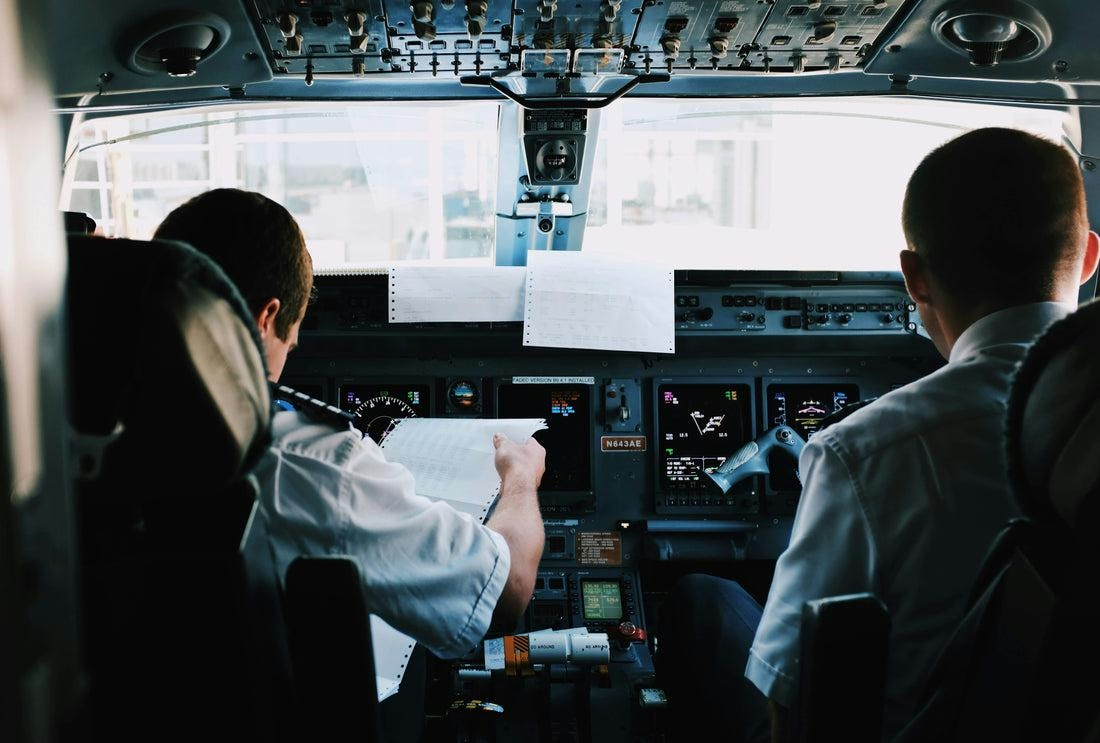
New Airlines Confront Supply Chain and Staffing Challenges
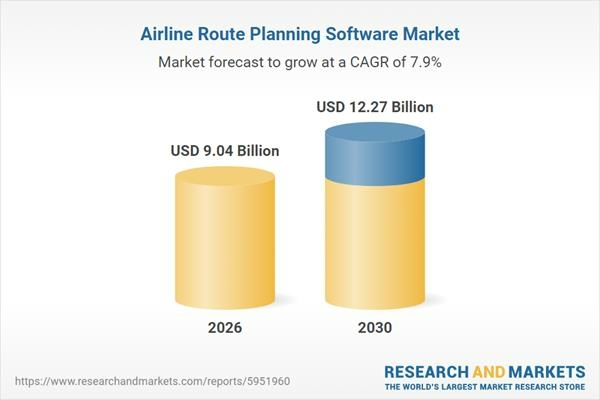
Global Airline Route Planning Software Market Forecasts Through 2035
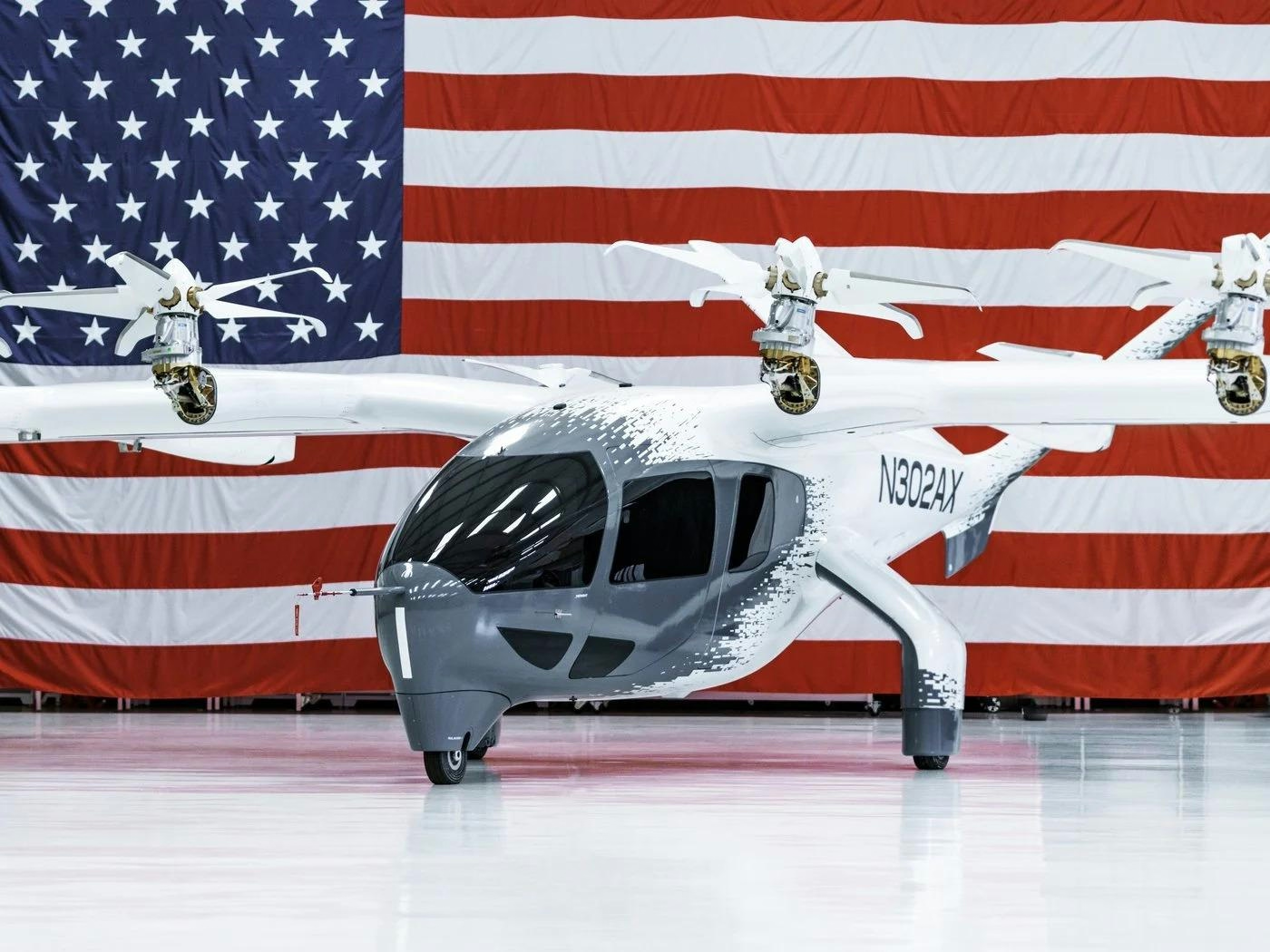
Archer Aviation Shares Rise Premarket Following Nvidia IGX Thor AI Partnership
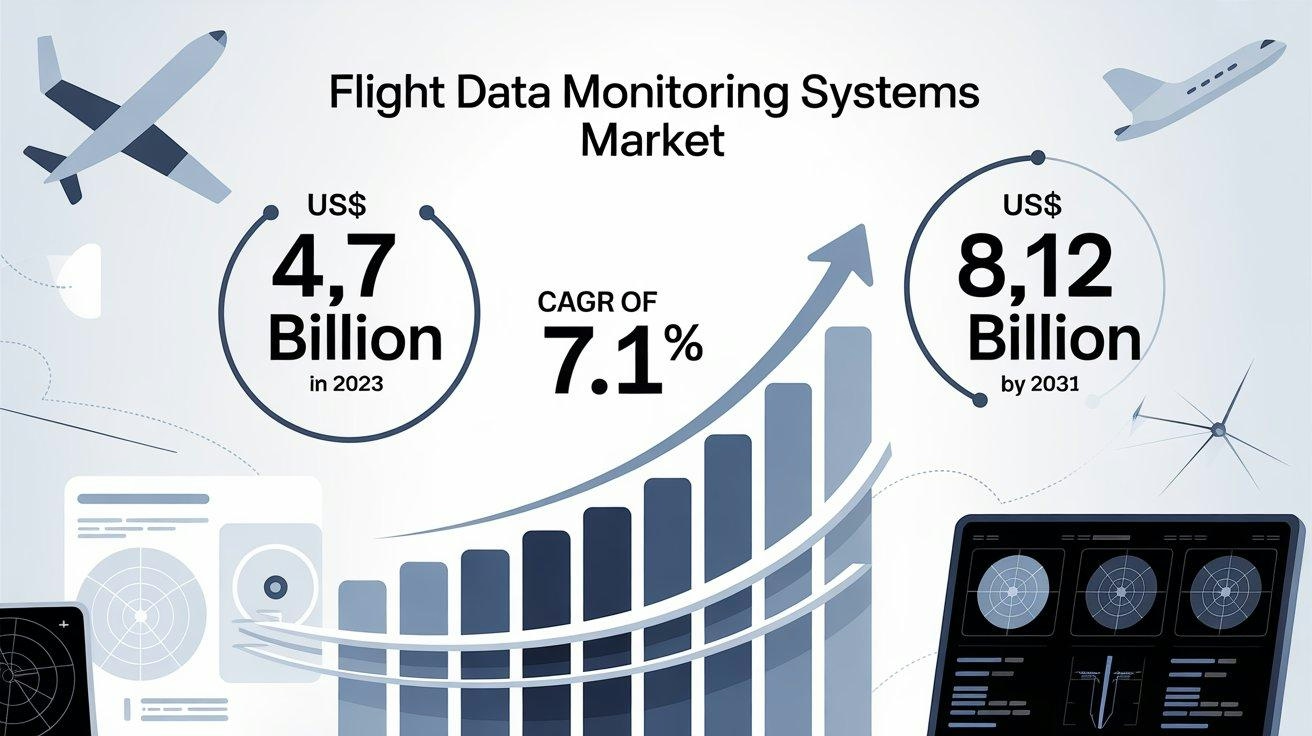
Flight Data Monitoring Systems Market Poised for Robust Growth Amid Rising Focus on Aviation Safety and Digital Transformation

Aircraft Avionics MRO Market Forecast and Analysis, 2024–2035
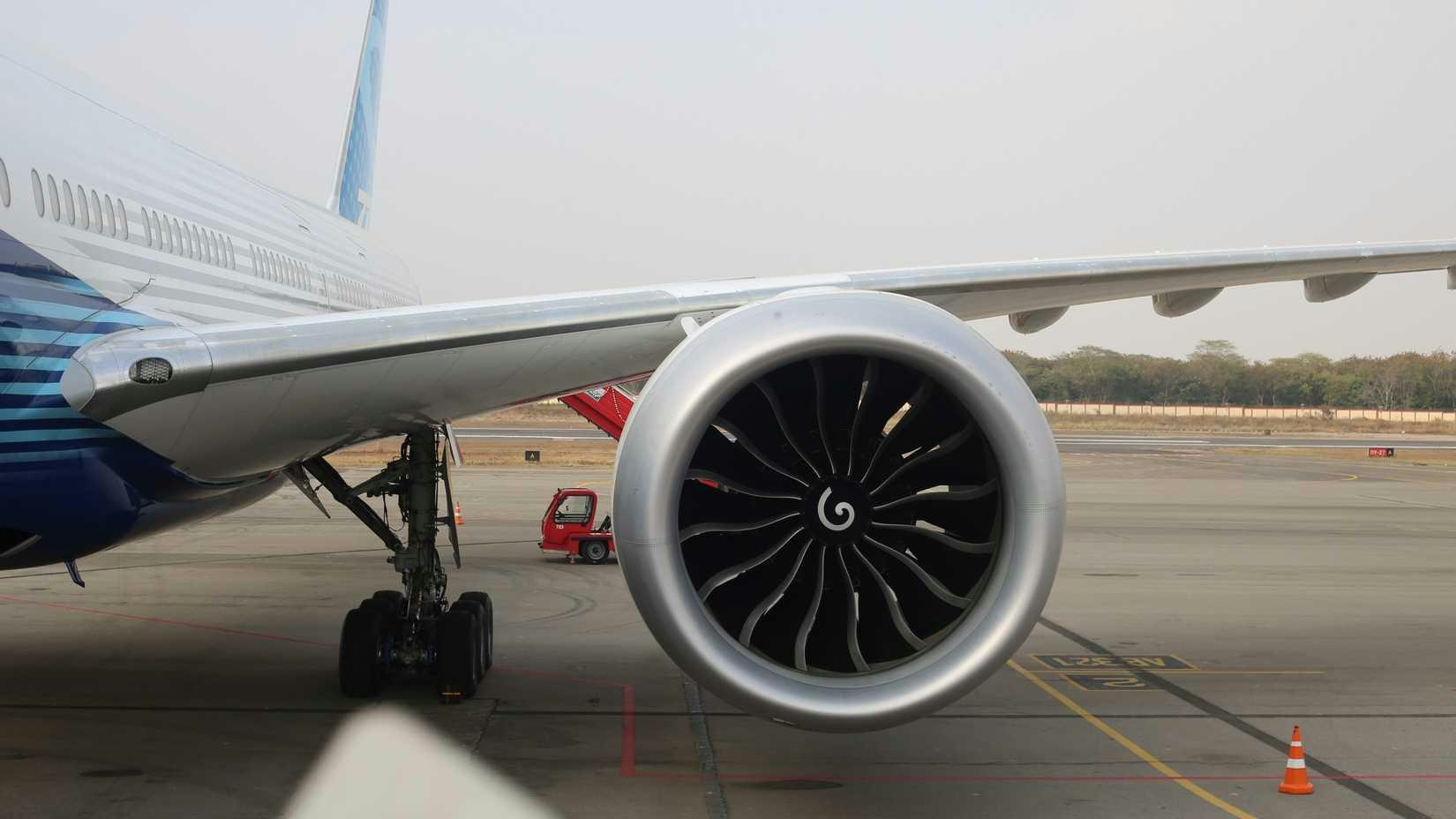
PIA to Lease GE90 Engines for Boeing 777
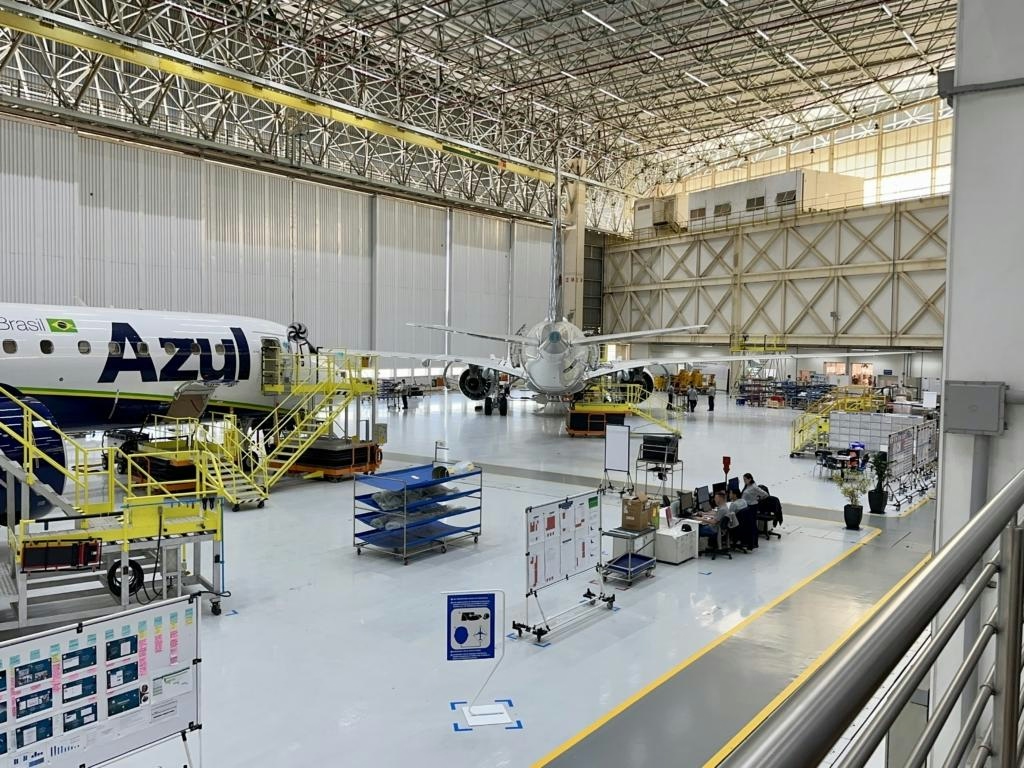
Adani–Embraer deal could bring commercial aircraft assembly to India

GE Aerospace Awarded $1.4 Billion Contract for CH-53K Engines
